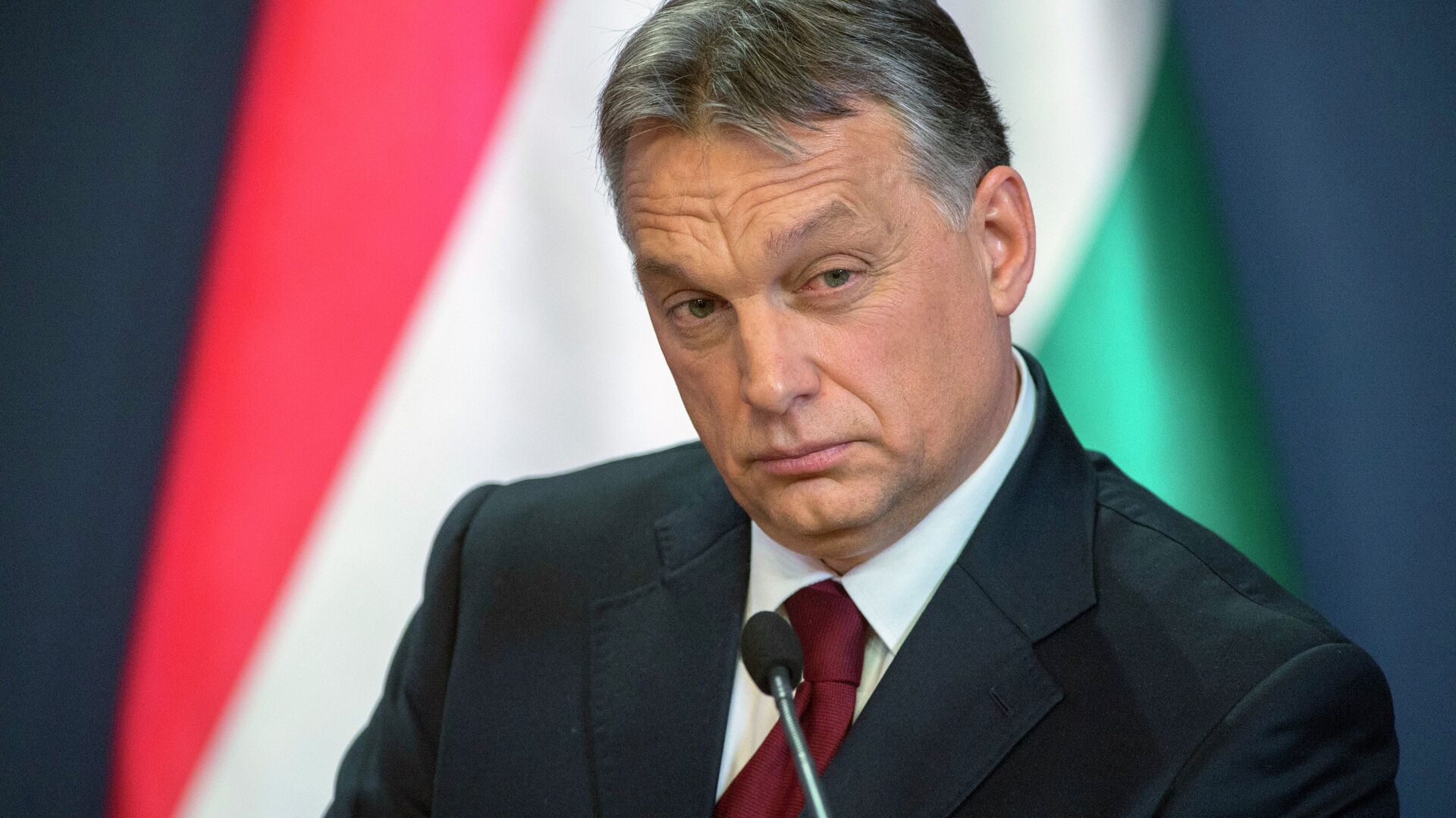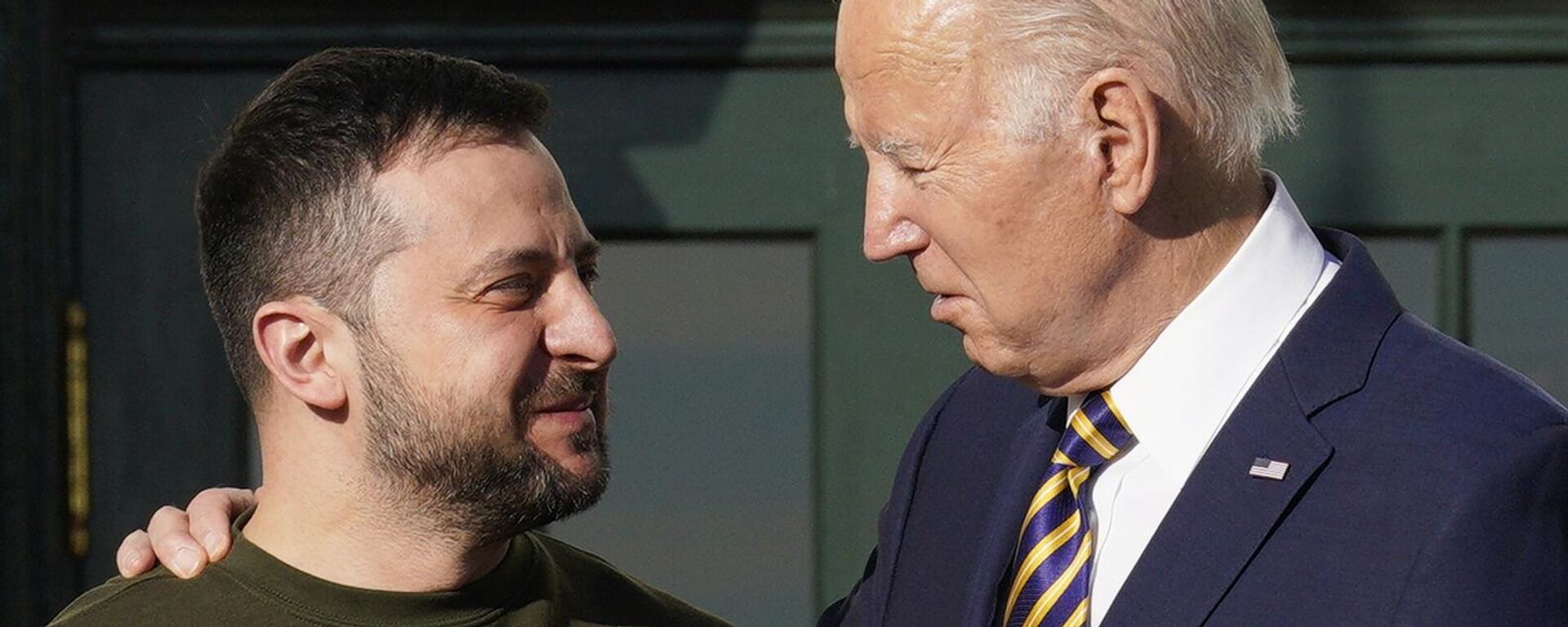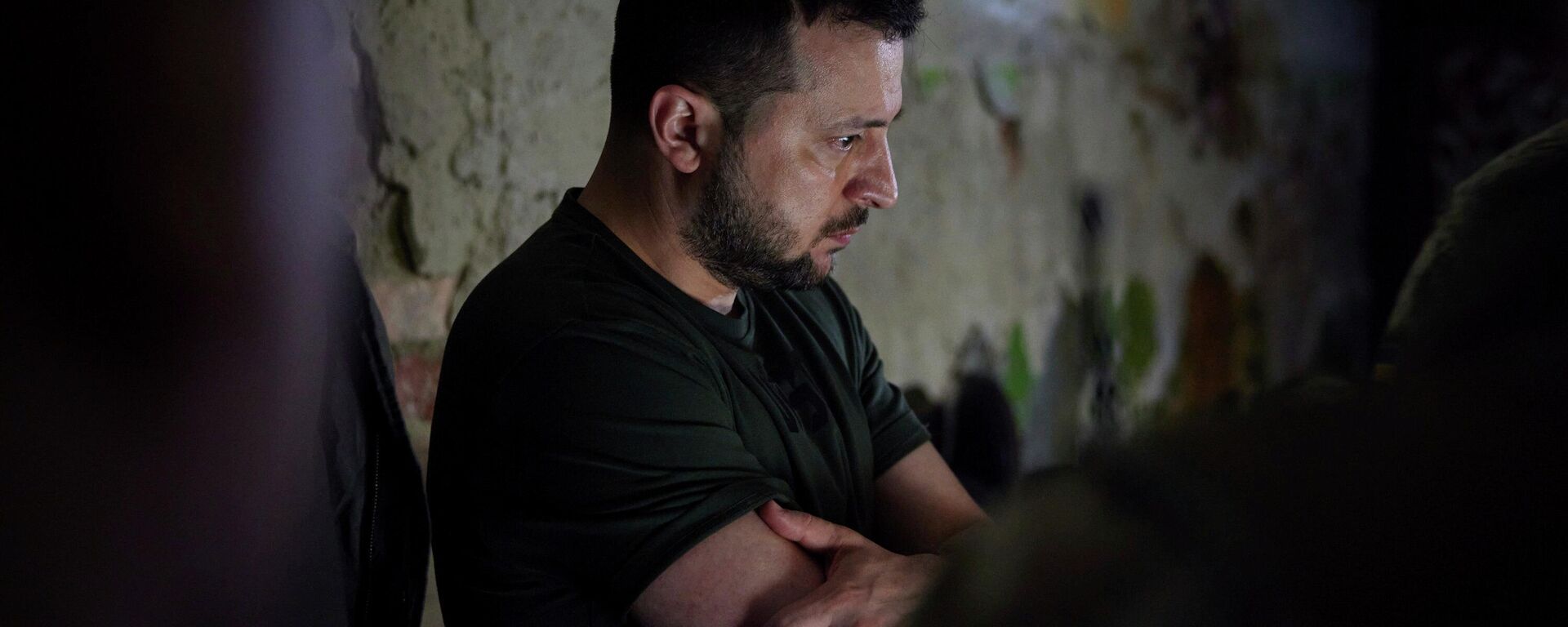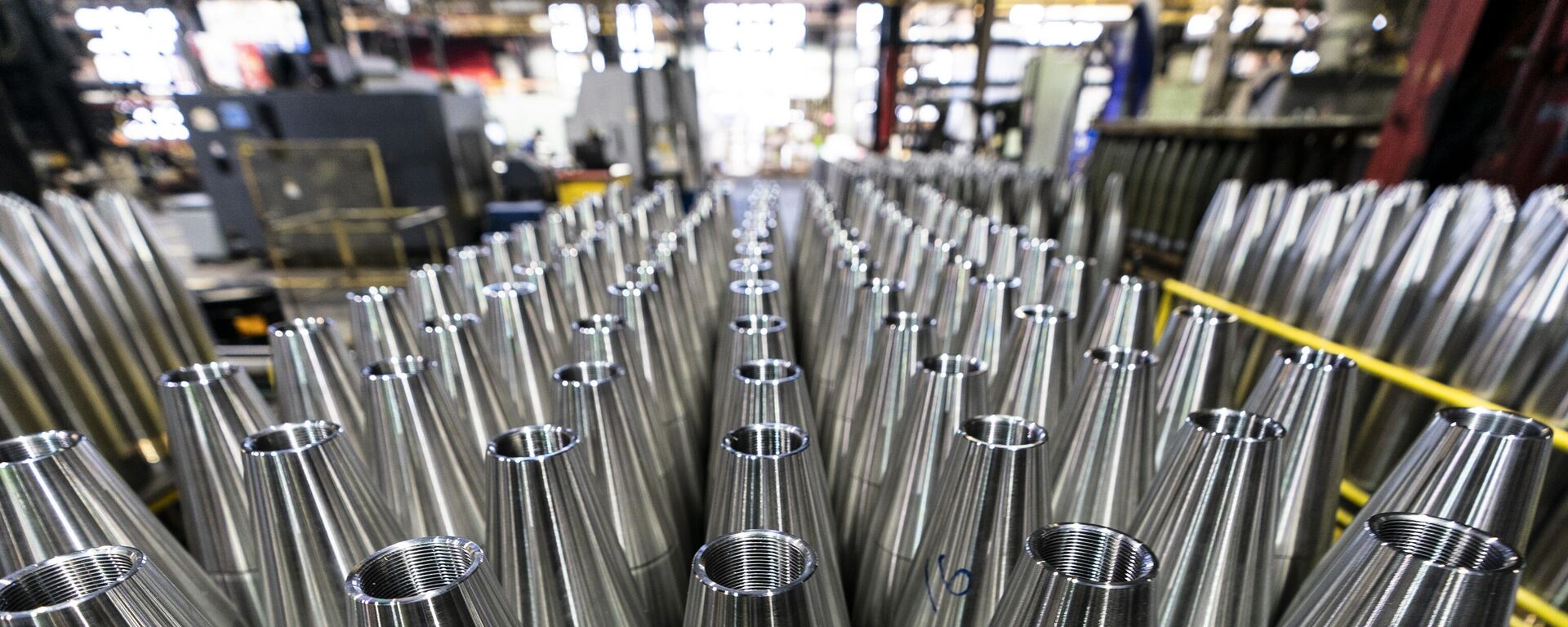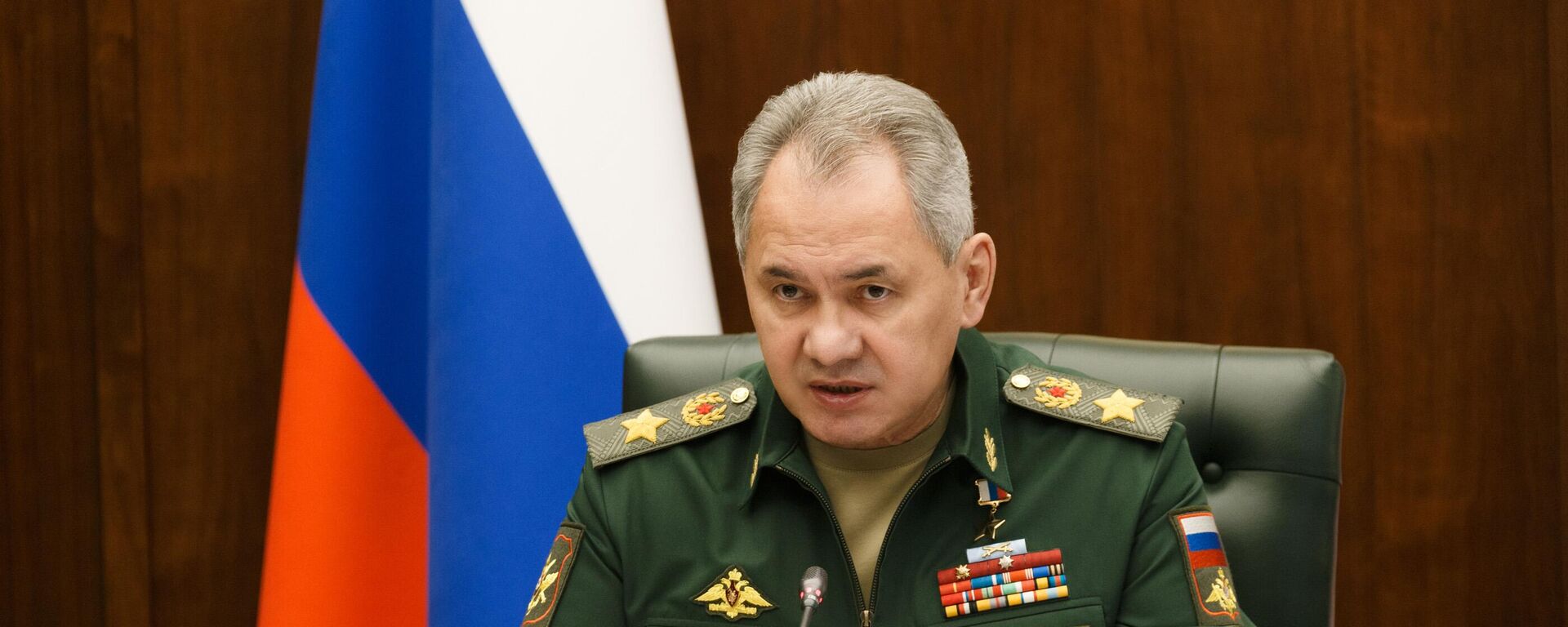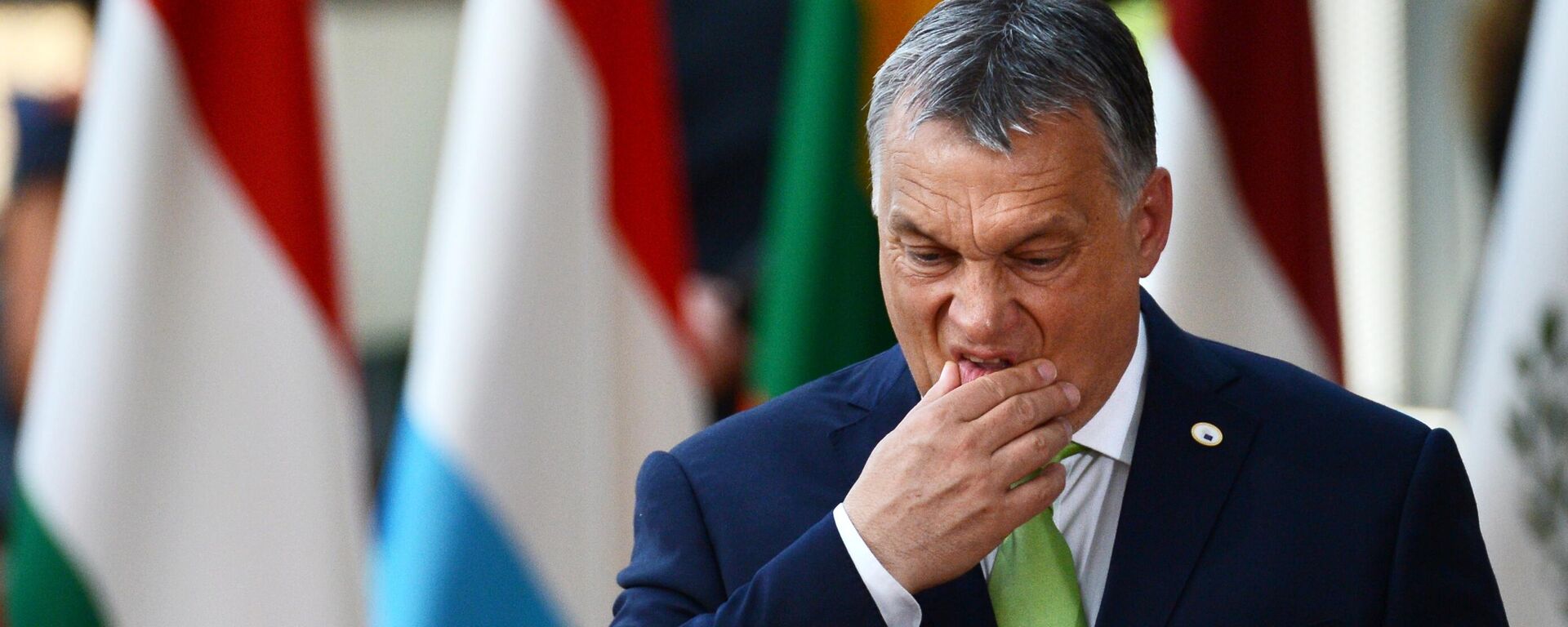https://sputnikglobe.com/20230824/does-hungarian-president-novaks-trip-to-ukraine-mean-break-with-orban-1112866170.html
Does Hungarian President Novak's Trip to Ukraine Mean Break With Orban?
Does Hungarian President Novak's Trip to Ukraine Mean Break With Orban?
Sputnik International
Hungarian President Katalin Novak has visited Ukraine’s Western Zakarpatye region and met with Ukrainian President Volodymyr Zelensky. What message does Novak's Ukraine trip send?
2023-08-24T19:31+0000
2023-08-24T19:31+0000
2023-08-24T19:50+0000
europe
analysis
hungary
ukraine
viktor orban
volodymyr zelensky
budapest
ukrainian security service (sbu)
european union (eu)
zakarpattia
https://cdn1.img.sputnikglobe.com/img/101840/34/1018403439_0:160:3077:1890_1920x0_80_0_0_40053aed01b38e4d0e54f1f77c39cbca.jpg
On Tuesday, Hungarian President Katalin Novak arrived in Ukraine's Zakarpatye, which is home to tens of thousands of ethnic Hungarians. Once close to 150,000 residents, the Hungarian community in Ukraine has recently contracted to about 70,000-80,000 people.According to the Hungarian press, the service included the blessing and consecration of the bread personally baked by Novak on the occasion of the national holiday, the State Foundation Day of Hungary.The next day, Novak met with Ukrainian counterpart Volodymyr Zelensky to discuss cross-border cooperation and joint initiatives in the Zakarpatye region, as well as Budapest's humanitarian aid to Ukraine. She also attended the so-called 'Crimea Platform', an international meeting initiated by Zelensky in 2021.How Western Press Misread Novak's Ukraine TripThe Western mainstream press has largely interpreted Novak's visit as the Hungarian president's breakaway from the policies of Hungarian Prime Minister Viktor Orban, claiming that she "pushed past" Orban's "pro-Russian" rhetoric. The Western media has long been critical of Orban's unwillingness to send weapons to the Kiev regime, as well as his cabinet's blocking of EU military aid for Ukraine and critical approach to Brussels' sanctions policy against Russia.Still, it appears Novak's mission has been misread in the West, according to Gabor Stier, foreign policy senior analyst at Hungarian conservative daily Magyar Nemzet and member of Valdai Discussion Club.Ukrainian Nationalism Hurt Ethnic Minorities, Got Worse Under ZelenskyStier noted Hungarians and other ethnic minorities in Ukraine have suffered from the surge in Ukrainian ultra-nationalism sentiment after the 2014 coup d'etat in Kiev. He recalled that when Zelensky assumed office in May 2019 there was hope the situation could improve with regard to the treatment of Russian-speakers in Donbass and Hungarians in Zakarpatye. Unfortunately, those hopes were dashed.Under Zelensky's presidency Ukrainian Hungarians have been either suspected or openly accused of "separatism"; some leaders of Societies of Hungarian Culture of Zakarpatye (KMKS, KMKSZ) were even subjected to persecution by the Ukrainian Security Service (SBU).Since the beginning of Russia's special military operation any attempts by Ukrainian Hungarians to complain about discrimination have been often qualified as "pro-Russian" propaganda. In particular, the ethnic minority complains about the inability to get education in their native tongue and to freely use their native language, which, according to them, contradicts major democratic principles.Per Stier, many in Hungary believe the future of the Hungarians in Ukraine is at least vague. What's worse, the Hungarian population is gradually contracting in Zakarpatye, he said. Many have already resettled. The Hungarian community has reduced to roughly 70,000; most of them are people of the old generation. Under these circumstances, Hungary, as a state, must do everything for these people to live normally there, argued Stier. That is why Hungary is trying to negotiate with the leadership of Ukraine and making some gestures, he said.Hungary Doesn't Want to Seize ZakarpatyeStier highlighted that Budapest is not seeking to cut out Zakarpatye from Ukraine.Budapest views the Hungarian people in Zakarpatye as part of the Hungarian nation, not part of the Hungarian state, according to the analyst. To reach its objectives, Hungary is ready to maintain dialogue with all parties, including Moscow, Kiev and Western countries (especially given that it is part of the EU and NATO), but it does not mean Budapest would bow down and support providing military aid to Ukraine, according to Stier. Neither is Budapest "pro-Russian," the analyst stressed. "Orban is not pro-Russian. He is pro-Hungarian and he proceeds from Hungarian interests, and many do not want to understand this."
https://sputnikglobe.com/20230714/ukraine-lost-sovereignty-upon-receiving-western-money-and-weapons--orban--1111867252.html
https://sputnikglobe.com/20230520/bloody-jester-volodymyr-zelenskys-rise-to-power-1110465049.html
https://sputnikglobe.com/20230804/ukraines-attrition-rate-suggests-counteroffensive-is-over-1112393002.html
https://sputnikglobe.com/20230809/warsaw-plans-to-create-polish-ukrainian-union-for-subsequent-occupation-of-western-ukraine---shoigu-1112480015.html
https://sputnikglobe.com/20230414/orban-conflict-in-ukraine-will-end-as-soon-as-us-europe-stop-supporting-kiev-1109499533.html
hungary
ukraine
budapest
zakarpattia
transcarpathia
Sputnik International
feedback@sputniknews.com
+74956456601
MIA „Rossiya Segodnya“
2023
News
en_EN
Sputnik International
feedback@sputniknews.com
+74956456601
MIA „Rossiya Segodnya“
Sputnik International
feedback@sputniknews.com
+74956456601
MIA „Rossiya Segodnya“
katalin novak, novak trip to ukraine, hungarian president met with zelensky, crimea platform, victor orban, hungary ukraine aid, hungary zakarpatye, transcarpathia, zakarpattia, novak break with orban, eu military aid to ukraine, hungary blocked eu aid to ukraine, war in ukraine, ukraine conflict, ukrainian nationalism, ukrainian security service, sbu, hungarians separatism ukraine
katalin novak, novak trip to ukraine, hungarian president met with zelensky, crimea platform, victor orban, hungary ukraine aid, hungary zakarpatye, transcarpathia, zakarpattia, novak break with orban, eu military aid to ukraine, hungary blocked eu aid to ukraine, war in ukraine, ukraine conflict, ukrainian nationalism, ukrainian security service, sbu, hungarians separatism ukraine
Does Hungarian President Novak's Trip to Ukraine Mean Break With Orban?
19:31 GMT 24.08.2023 (Updated: 19:50 GMT 24.08.2023) Hungarian President Katalin Novak has visited Ukraine’s Western Zakarpatye region and met with Ukrainian President Volodymyr Zelensky. What message does Novak's Ukraine trip send?
On Tuesday, Hungarian President Katalin Novak arrived in Ukraine's Zakarpatye, which is home to tens of thousands of ethnic Hungarians. Once close to 150,000 residents, the Hungarian community in Ukraine has recently contracted to about 70,000-80,000 people.
"I bring you the strength of 15 million Hungarians today," Novak told Ukrainian Hungarians during the St. Stephen's Day ecumenical service in the Church of the Exaltation of the Holy Cross in Beregovo.
According to the Hungarian press, the service included the blessing and consecration of the bread personally baked by Novak on the occasion of the national holiday, the State Foundation Day of Hungary.
The next day, Novak met with Ukrainian counterpart Volodymyr Zelensky to discuss cross-border cooperation and joint initiatives in the Zakarpatye region, as well as Budapest's humanitarian aid to Ukraine. She also attended the so-called 'Crimea Platform', an international meeting initiated by Zelensky in 2021.
How Western Press Misread Novak's Ukraine Trip
The Western mainstream press has largely interpreted Novak's visit as the Hungarian president's breakaway from the policies of Hungarian Prime Minister Viktor Orban, claiming that she "pushed past" Orban's "pro-Russian" rhetoric. The Western media has long been critical of Orban's unwillingness
to send weapons to the Kiev regime, as well as his cabinet's blocking of
EU military aid for Ukraine and critical approach to Brussels' sanctions policy against Russia.
Still, it appears Novak's mission has been misread in the West, according to Gabor Stier, foreign policy senior analyst at Hungarian conservative daily Magyar Nemzet and member of Valdai Discussion Club.
"When the President of Hungary went to the Crimean Platform conference and spoke there about the territorial integrity of Ukraine, that Crimea must return [to Ukraine] and so on, this was a gesture and diplomacy. Novak is a good cop, Orban is a bad cop. This is a diplomatic game. Hungary will show that it can make gestures, but expects not just gestures in return, but also actions. For six years we have been talking about the fact that Ukraine should ensure the minimum rights of the [Hungarian] national minority, but nothing is being done for this," Stier told Sputnik.
Ukrainian Nationalism Hurt Ethnic Minorities, Got Worse Under Zelensky
Stier noted Hungarians and other ethnic minorities in Ukraine have suffered from the surge in Ukrainian ultra-nationalism sentiment after the 2014 coup d'etat in Kiev. He recalled that when Zelensky assumed office in May 2019 there was hope the situation could improve with regard to the treatment of Russian-speakers in Donbass and Hungarians in Zakarpatye. Unfortunately, those hopes were dashed.
"There was hope that [Zelensky] wanted peace, that he wanted to live normally with neighbors, both eastern and western. No, things got worse. And Ukraine is to blame for this. I wouldn't say that it's only Ukraine's fault, but they are also to blame. They are largely to blame. The West is also largely to blame, because usually the West puts pressure on other states if they behave like Ukraine," said Stier.
Under Zelensky's presidency Ukrainian Hungarians have been either suspected or openly accused of "separatism"; some leaders of Societies of Hungarian Culture of Zakarpatye (KMKS, KMKSZ) were even subjected to persecution by
the Ukrainian Security Service (SBU).
Since the beginning of Russia's special military operation any attempts by Ukrainian Hungarians to complain about discrimination have been often qualified as "pro-Russian" propaganda. In particular, the ethnic minority complains about the inability to get education in their native tongue and to freely use their native language, which, according to them, contradicts major democratic principles.
"Problems in Zakarpatye began five or six years ago or earlier," the analyst said. "Only then did relations between Hungary and Ukraine deteriorate completely. And most importantly, we need peace so that people can live as they would in a normal, democratic state. Because today's Ukraine and yesterday's Ukraine did not ensure the national rights of national minorities. And the situation is getting worse and worse. We don't know what will happen next."
Per Stier, many in Hungary believe the future of the Hungarians in Ukraine is at least vague. What's worse, the Hungarian population is gradually contracting in Zakarpatye, he said. Many have already resettled.
The Hungarian community has reduced to roughly 70,000; most of them are people of the old generation. Under these circumstances, Hungary, as a state, must do everything for these people to live normally there, argued Stier. That is why Hungary is trying to negotiate with the leadership of Ukraine and making some gestures, he said.
Hungary Doesn't Want to Seize Zakarpatye
Stier highlighted that Budapest is not seeking to cut out Zakarpatye from Ukraine.
"Probably, in different countries, some parts of society or political space dream and think, like, for example, some Poles dream that Galicia will again be part of Poland, some in Romania think about Bessarabia. Some people in Hungary may also dream about Zakarpatye. But it is impossible to really talk about it yet. It's unrealistic," stressed Stier.
Budapest views the Hungarian people in Zakarpatye as part of the Hungarian nation, not part of the Hungarian state, according to the analyst.
To reach its objectives, Hungary is ready to maintain dialogue with all parties, including Moscow, Kiev and Western countries (especially given that it is part of the EU and NATO), but it does not mean Budapest would bow down and support providing military aid to Ukraine, according to Stier.
Neither is Budapest "pro-Russian," the analyst stressed. "Orban is not pro-Russian. He is pro-Hungarian and he proceeds from Hungarian interests, and many do not want to understand this."
"Ukraine must also behave democratically, including with regard to the issue of national minorities. If Ukrainians seriously thought about the causes and behavior that led to the conflict, they would have understood that it stemmed from how they treated national minorities. And now it's like nothing happened. They don't admit their mistakes. They continue what they have done. They even intensified it," Stier concluded.
